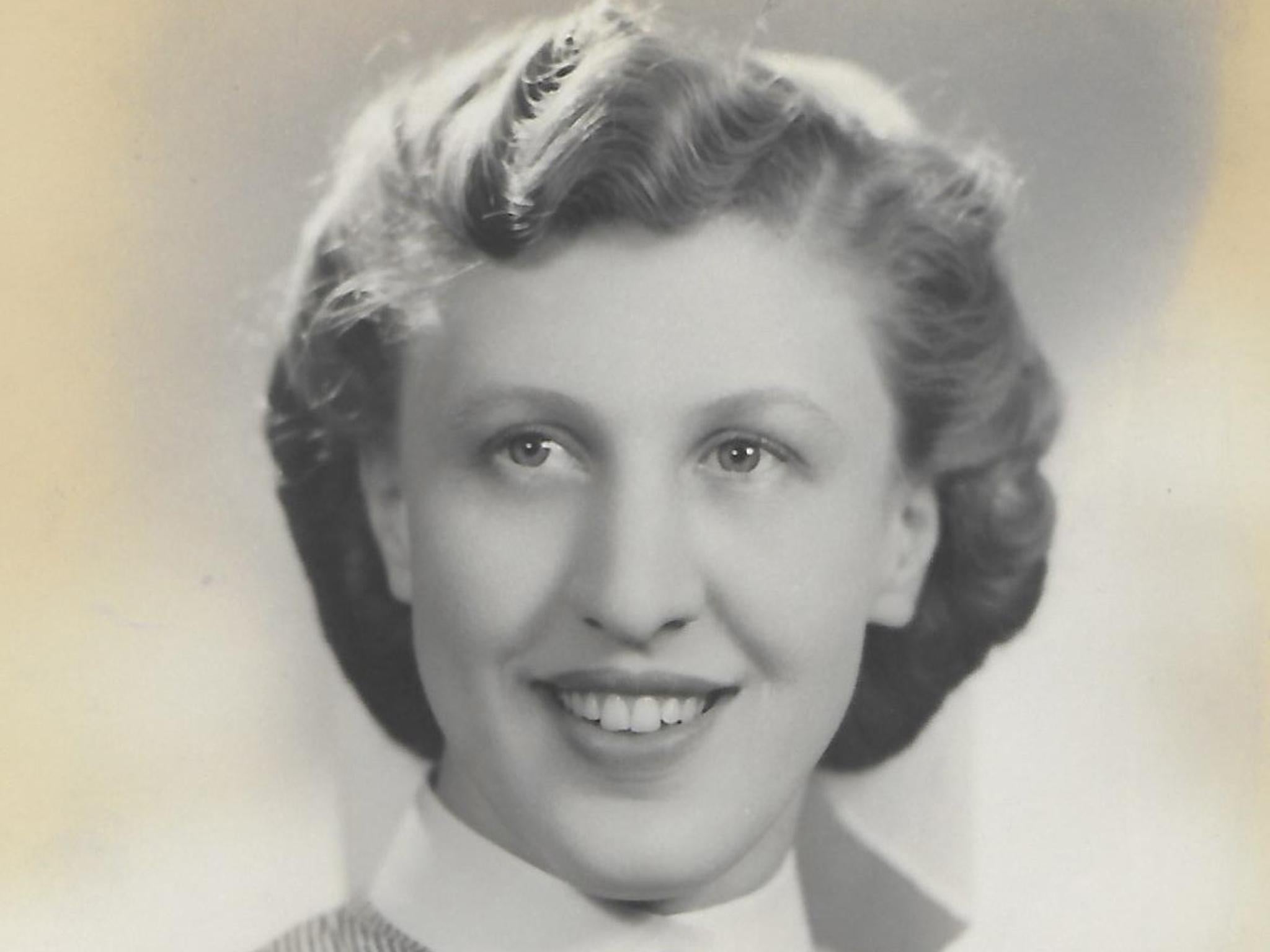My mother just passed away at the age of 94 and you need to hear about her life
She was in an operating theatre when a doodlebug was circling overhead in its final descent. The surgeon carried on operating while all other staff stopped in fear listening; eventually the surgeon paused, put down his scalpel and said, 'I wonder if there is any point in going on?'

Bunty Urquhart, who has died aged 94, worked as a nurse in London during the “doodlebug” attacks of the Second World War.
She was a radiographer for the East Africa Groundnut Scheme in the British territory of Tanganyika, now Tanzania – a project launched in 1947 that cleared swathes of land to grow peanuts which was abandoned a few years later.
She went on to join the Colonial Medical Services in Malaya during the Emergency (known there are as the Anti-British National Liberation War). She also joined her husband in Sarawak during the Borneo Confrontation where she helped set up the Women’s Institute.
Born Beatrice Maud Soulsby in Wood Green, north London, on 23 February 1923 and educated at Berkhamsted Girls School, she was a determined and strong-minded character from an early age, she did not like her christened name and decided that she would be called Bunty, by which she was known for the rest of her life.
Bunty began nursing training as a “lady probationer” at the Middlesex Hospital in October 1941, having persuaded the matron to let her start before her 19th birthday. On one occasion, she was in an operating theatre when a doodlebug was circling overhead in its final descent. The surgeon carried on operating while all other staff stopped in fear, listening; eventually the surgeon paused, put down his scalpel and said, “I wonder if there is any point in going on?"
Fortunately for them the doodlebug did not hit the hospital but they were soon dealing with casualties from its impact. The longest stretch she worked then was 22 hours. She attributed that period as the cause for her becoming a lifelong smoker, as she and her colleagues got by on drinking coffee and having a cigarette in their short breaks.
Towards the end of the war, Bunty had to stay up all night to protect the life of a German POW who had accidentally been put in a ward with angry Russian servicemen intent on exacting revenge.
An adventurous spirit and fed up with nursing in post-war Britain, Bunty joined the Groundnut Scheme in Tanganyika as a nurse and radiographer in 1951. It was a Government initiative to grow peanuts for vegetable oil in Britain, which was still enduring rationing.
She was posted to Urambo in western Tanganyika and loved her time there, despite difficult living conditions. The Groundnut Scheme failed and after 21 months she returned to the UK, choosing not to fly directly but to travel by herself by train and ferry from Tanganyika to Cairo via the River Nile.
Bunty soon joined the Colonial Medical Services, working as a radiographer in Kuala Lumpur for the next four years. In 1956 she and a friend went on leave to the mysterious British colony of Sarawak, where she met Ian Urquhart, a Colonial Administrative Service officer. He took them upriver where they spent three nights at different longhouses, sleeping on floor mats with the local tribal people, sliding down slippery banks and along logs to bathe in the river. Ian and Bunty married in Kuching Cathedral, Sarawak in 1957.
Bunty spent the next eight years in Sarawak supporting her husband, frequently accompanying him on his visits to native communities way upriver in the jungle. Outgoing, not one to sit still and a touch militant, a chance conversation with an enlightened local Malay man led to her setting up a Women’s Institute in the major town of Sibu in 1958.
She went on to help form other branches elsewhere in Sarawak, doing much to advance the cause of women in a male-dominated society. During the confrontation with Indonesia, she and her family often had British soldiers guarding their residence and on one occasion their entire family was moved by Royal Navy helicopter from one part of Sarawak to another, including her newly born youngest son in his carrycot.
Sarawak gained its independence as part of Malaysia in 1963 and Ian Urquhart supported the new administration before they returned to England in 1966. In retirement they were adventurous travellers, always finding an excuse to visit their children, wherever in the world they might be.
Ian Urquhart died in 2012 and Bunty lived independently for the next five years, defying medical advice by smoking and enjoying a brandy and red wine with her lunch and dinner. She is survived by their two sons and a daughter, all of whom were born in Sarawak.

Join our commenting forum
Join thought-provoking conversations, follow other Independent readers and see their replies